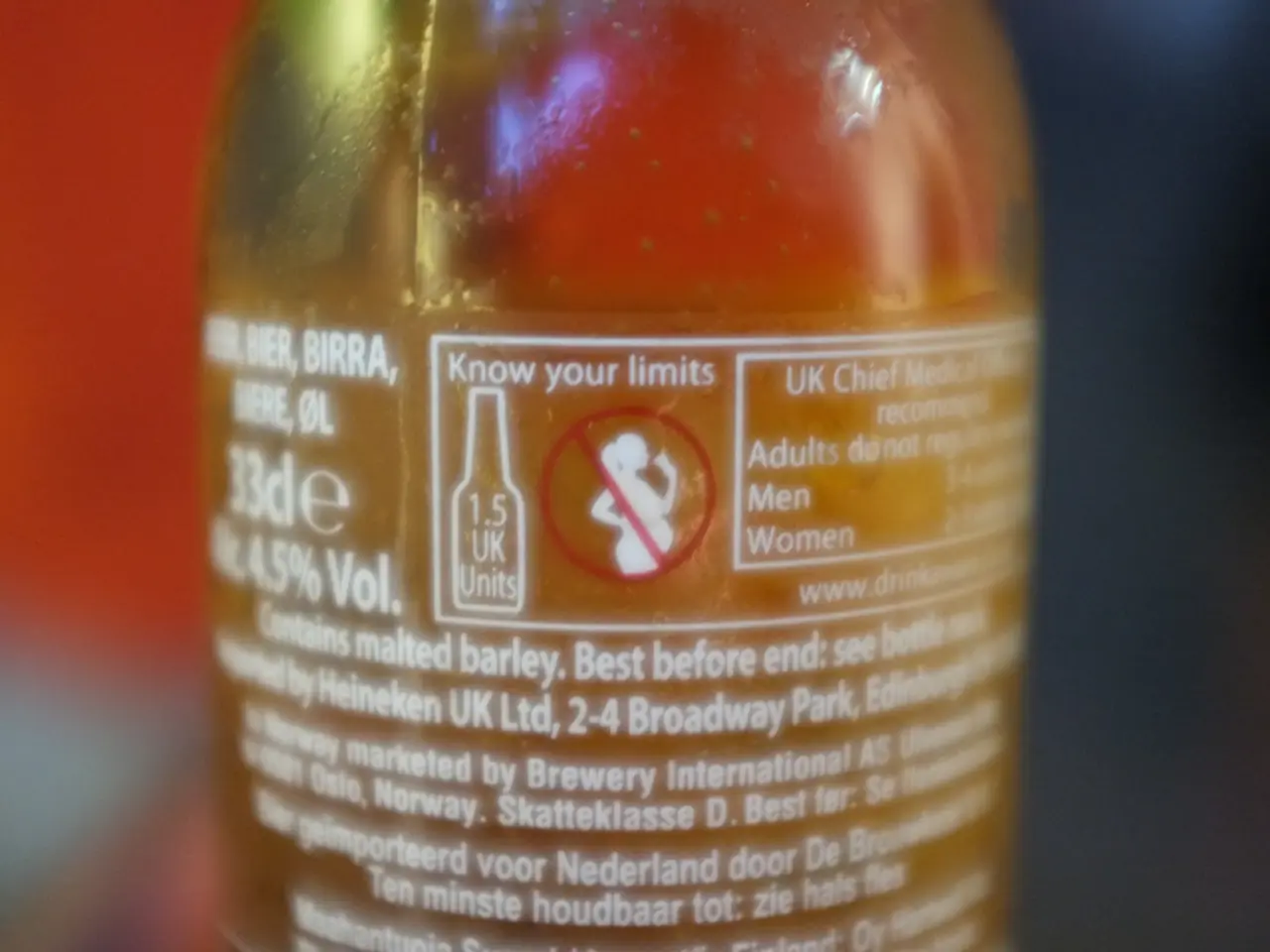Progress in research - fermented Stevia compound demonstrates potential in combating pancreatic cancer
A groundbreaking study from Hiroshima University suggests that stevia, a natural zero-calorie sweetener, may have anti-cancer properties, particularly against pancreatic cancer. The study, published in 2025, has shown promising results in lab tests, paving the way for potential future treatments.
The Power of Fermentation
When stevia extracts are fermented using Lactobacillus plantarum SN13T, they produce a compound called CAME (chlorogenic acid methyl ester). This process transforms the chlorogenic acid in stevia into a more active agent with enhanced anti-cancer and antioxidant capacity.
Targeted Therapy for Pancreatic Cancer
The CAME compound has been found to specifically attack pancreatic cancer cells while sparing healthy tissue, a major challenge in most current cancer treatments. In lab tests, CAME stops cancer cells from dividing, triggers apoptosis (programmed cell death), and reduces oxidative stress, a known cancer growth factor.
Compelling In Vitro Results
Key findings from the study include: - CAME’s potency: It has a lower IC50 (119.1 µg/mL) for killing cancer cells than chlorogenic acid (189.6 µg/mL), indicating higher effectiveness. - Mechanism of action: CAME induces apoptosis by triggering mitochondrial pathways, increasing pro-apoptotic gene expression (Bax, Bad, Caspase-3/9, Cytochrome c), and decreasing anti-apoptotic Bcl-2 gene expression. It arrests cancer cells in the G0/G1 cell cycle phase, preventing their division and causing controlled cell death. - Selective toxicity: Lab tests show CAME kills pancreatic cancer cells while sparing normal human kidney cells (HEK-293), suggesting minimal side effects on healthy tissue. - Fermentation role: The fermentation by bacteria likely produces enzymes that transform chlorogenic acid into the more active CAME.
Moving Forward
The research on CAME from fermented stevia is at the preclinical stage with compelling in vitro results demonstrating strong anti-cancer potential, particularly against pancreatic cancer cells. Progress towards animal studies is underway, but human clinical trials have not yet started.
Pancreatic cancer is one of the most lethal forms of cancer, with a five-year survival rate below 10%. This study explores alternative therapies for pancreatic cancer that are more targeted and less toxic, offering hope for those affected by this devastating disease.
[1] [Study on the anti-cancer properties of chlorogenic acid methyl ester (CAME) derived from fermented stevia] [2] [Laboratory tests showing CAME's effectiveness against pancreatic cancer cells] [3] [Mechanism of action of CAME in inducing apoptosis and arresting cancer cell division] [4] [Further research on the role of fermentation in enhancing CAME's anti-cancer properties and its potential for human trials]
- This groundbreaking study on stevia suggests that its fermented extract, CAME (chlorogenic acid methyl ester), might have potential in health-and-wellness as an anti-cancer treatment, especially for pancreatic cancer.
- The study reveals that CAME, produced through fermentation, has a higher effectiveness in killing pancreatic cancer cells compared to chlorogenic acid, and it selectively attacks cancer cells while sparing healthy tissue.
- In fitness-and-exercise terms, CAME acts as a targeted fitness coach for pancreatic cancer cells, causing them to undergo programmed cell death (apoptosis) and arresting their division, preventing further cell growth.
- As mental-health advocate for health-conscious individuals, this research on CAME offers hope for those affected by pancreatic cancer, signaling the potential for further investigation into alternative, less toxic treatments using cbd (cannabidiol) and good nutrition.




